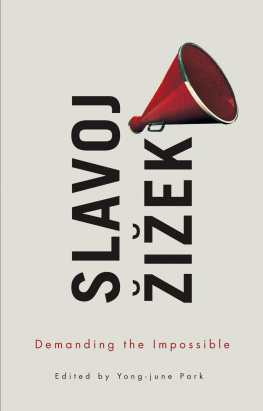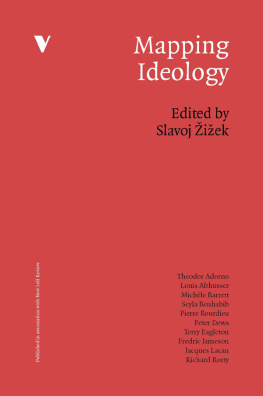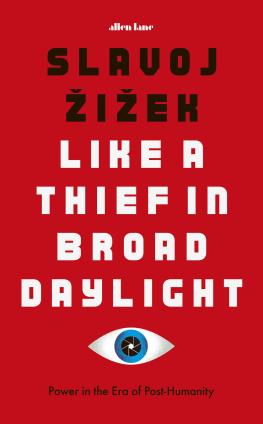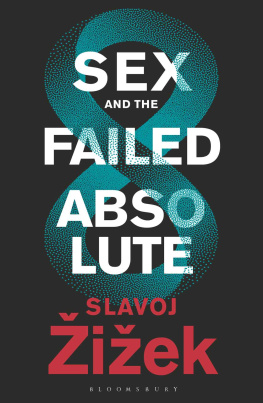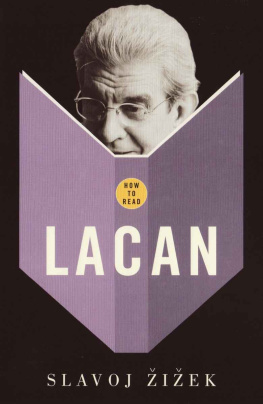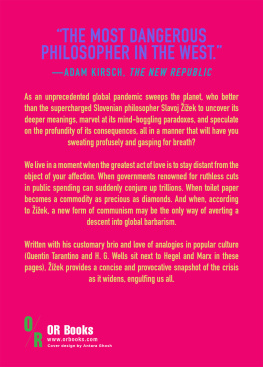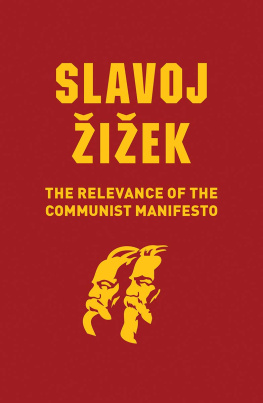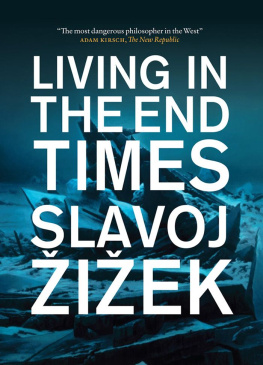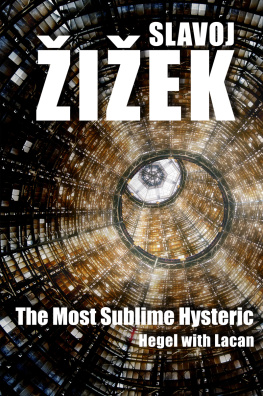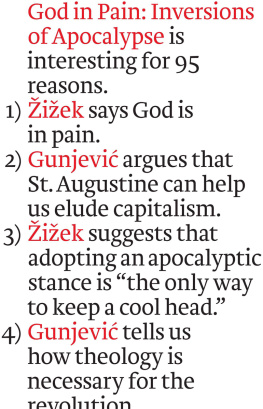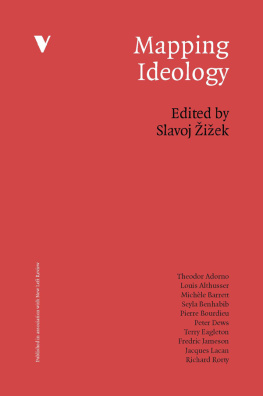Demandi ng the I mpossible
Copyright Indigo Book company 2013
First published in 2013 by Polity Press
Polity Press
65 Bridge Street
Cambridge CB2 1UR, UK
Polity Press
350 Main Street
Malden, MA 02148, USA
All rights reserved. Except for the quotation of short passages for the purpose of criticism and review, no part of this publication may be reproduced, stored in a retrieval system, or transmitted, in any form or by any means, electronic, mechanical, photocopying, recording or otherwise, without the prior permission of the publisher.
ISBN: 978-0-7456-7985-3
A catalogue record for this book is available from the British Library.
The publisher has used its best endeavours to ensure that the URLs for external websites referred to in this book are correct and active at the time of going to press. However, the publisher has no responsibility for the websites and can make no guarantee that a site will remain live or that the content is or will remain appropriate.
Every effort has been made to trace all copyright holders, but if any have been inadvertently overlooked the publisher will be pleased to include any necessary credits in any subsequent reprint or edition.
For further information on Polity, visit our website: www.politybooks.com
Contents
Acknowledgments
This book began as a part of the Global Humanities Project of Indigo Sowon, an educational center in Busan, South Korea. Founded in 2004, Indigo is a combination of book publisher, magazine, and bookstore, and also hosts international conferences. It seeks to provide a progressive, humanistic counterweight to the educational establishment, and to be an oasis of idealism and engagement (indigoground.net).
My first thanks are to the team of colleagues whose vision and hard work have made this project happen: Aram Hur, Youn-yeong Lee, Han-kyeol Yoon, Jin-jae You, and Dae-hyun Park, as well as Brian Palmer of Uppsala University (brianpalmer.org). I am immensely grateful to Slavoj iek, who invited our large team into his home over the course of two days. He is a person of astonishing energy and warmth, and we were left feeling that whatever his mind touches is electrified and made luminous.
My colleagues and I hope that the conversations in this book will prove enjoyable to the reader, and will spark lively discussions.
Yong-june Park
Politics and Responsibility
What is to be done for politics today? In the midst of radical changes ecological catastrophes, fateful biogenetic mutations, nuclear or similar military-social conflicts, financial fiasco, etc. where our commons are at stake, is there such a thing as the common good? To what extent is it useful to speak of the common good?
S: For me, what is problematic is not the word common but the word good. Because the way I see it, from my European perspective, traditional aesthetics was directed toward some supreme Good. It could be God, humanity, the universe, etc.: we see this common good as a supreme substantial value that we should all have to work for. But for me, modernity begins with Descartes, and then with Kant to be precise, with an ethics that is no longer an ethics of the common good. For example, in Kant, you find it is purely formal ethics: ethics of the moral law and so on. Here, ethics cannot be, in any way, politicized: politicized in the sense that you cannot simply presuppose some common good. Rather, it is a matter of decision. This is what I find problematic about the notion of the common good.
What is a common good today? OK, lets say ecology. Probably most people would agree, even though we are politically different, that we all care about the earth. But if you look closely, you will see that there are so many ecologies on which you have to make so many decisions. Having said that, my position here is very crazy. For me, politics has priority over ethics. Not in the vulgar sense that we can do whatever we want even kill people and then subordinate ethics to politics but in a much more radical sense that what we define as our good is not something we just discover; rather, it is that we have to take responsibility for defining what is our good.
And, as many radical ecologists have pointed out, how much of ecology, which pretends to work for the good of nature, involves hidden political choices? When you say, for example, that the common good should be our Mother Earth, and that our planet should thrive why should our planet thrive? Because we humans want it to, so that we can survive. Ecology, from my point of view, is the most egotistic, human-centered machine there is. Nature is crazy. Nature is chaotic and prone to wild, unpredictable and meaningless disasters, and we are exposed to its merciless whims there is no such thing as Mother Earth. In nature, always, there are catastrophes, things go wrong, and sometimes a planet explodes.
What I want to show you is the fact that, if you look at this closely, when we refer to some higher common good, it is always, at least the way I see it, defined by our secret priorities. For example, people may say Oh! We are constructing another big city and it will destroy nature. It is horrible! And the usual response to this, even of many ecologists, is that we should live in a more natural way, closer to the forest, and so on. No! One ecologist, a friend of mine from Germany, whom I appreciate very much, told me that this kind of response is, ecologically, totally catastrophic. From an ecological standpoint, the best thing is this: there is a lot of pollution everywhere, so you pack as many people as you can into a big city; it is then very concentrated and there is much less pollution per capita so you can keep the large domains relatively clean. I dont know if you are doing this in Korea, but somebody told me they are doing it in Japan. I think that large dirty cities where people live packed together are ecologically the best thing for nature. Again, there is another ecological idea, as we call it, which is that we should live in small self-sufficient houses with solar energy people believe this is one way of living ecologically. But can you imagine how it would end up if the majority of people wanted to live like that? Everyone would be very spread out, and the forests would disappear. Ironically, this is related to the question of how much we can safely pollute our environment. So I am very distrustful of this view. Whenever something is proposed as being for the higher good, and we say we should transcend our egotism and work for it, we will always discover that we are already secretly doing just this.
What I like to suggest, based on my basic position, is not politics in the sense of what people usually associate with politics such as cheap manipulation, corruption, power struggles, etc. but politics in the sense of fundamental decisions about our life on earth, and collective decisions for which you have to take

